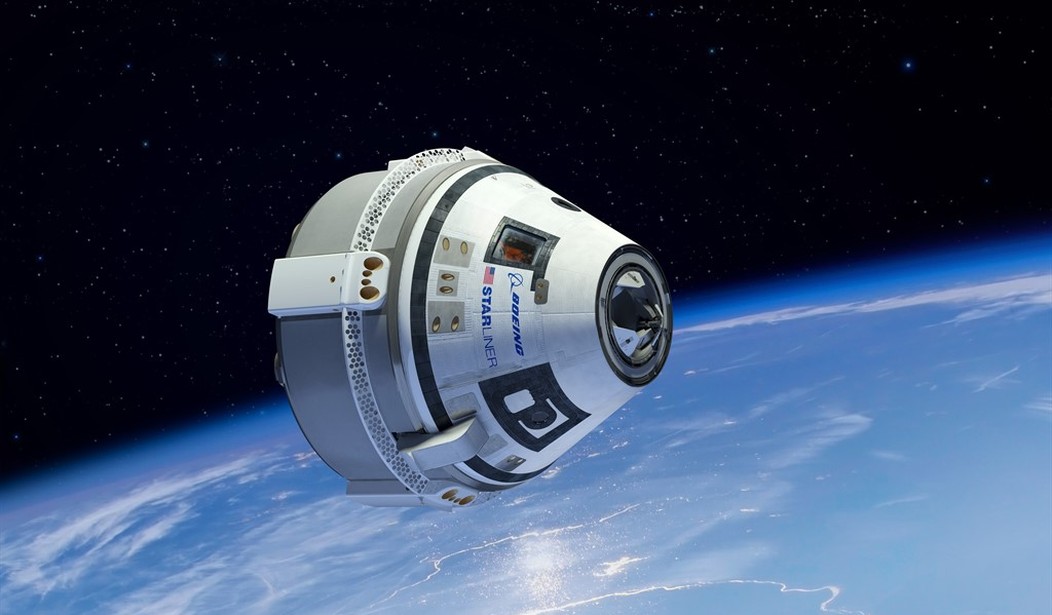Boeing Starliner program manager Mark Nappi told the New York Times earlier this week that it's no surprise that the company's Starliner crewed flight test is taking longer than expected — so far, almost ten times longer than expected. NASA astronauts Butch Williams and Suni Wilmore are on Day 77 of their eight-day stay aboard the International Space Station.
Nappi says he regrets not doing a better job of managing expectations.
"I think we all knew that it was going to go longer than that," Nappi told the NYT. "We didn’t spend a lot of time talking about how much longer, but I think it’s my regret that we didn’t just say ‘We’re going to stay up there until we get everything done that we want to go do.'"
What a crock of you-know-what.
There's a lot more at stake than merely deferring a discussion about how long Starliner's crewed flight test might take. At issue are little, multimillion-dollar details like Starliner hogging one of the ISS's very few docking ports. There are staffing issues, too — SpaceX's Crew-9 mission has been delayed by five weeks and its crew potentially reduced to two from four. Let's not forget that every bit of food and water on board the ISS has to be brought up from Earth at about $60 million per cargo run — and Butch & Suni's needs have increased from eight days, now to 77 days, possibly to as long as eight months.
"It’s getting harder with the consumables we’re using, and the ports we’re using, those types of things," NASA's Ken Bowersox said during last week's press conference.
It seems uncharitable to mention this, but Boeing's competition for crewed missions to the ISS is SpaceX's Crew Dragon — and it's about to do two things never done before.
CORRECTION: A previous version conflated Polaris Dawn with a later Crew Dragon flight that will take its crew on the first manned polar orbit.
Recommended: 'They Completely Smashed It!' Ukraine's Big Day of Airstrikes Is a Hit in Russia
The first is SpaceX is currently prepping two Crew Dragons at the same time. There's that Crew-9 mission, currently set to launch on Sept. 24. And then there's the privately funded Polaris Dawn mission that's supposed to take off on Tuesday, Aug. 27. Polaris Dawn will feature the first-ever private. Isaacman and Gillis will, if the mission goes as planned, make those spacewalks.
It would be even more uncharitable to mention that in 2014, SpaceX received $2.6 billion to develop Crew Dragon, which has been flying manned missions since 2020. That same year — approximately 1.6 times longer until now than it took for Apollo to land men on the moon — Boeing won $4.2 billion to develop Starliner, and it has yet to successfully complete a single manned mission.
Finally, there's the matter of two astronauts whose families had expected them home long before Independence Day but now might not return to Earth before Valentine's Day.
Wilmore and Williams seem to be upbeat, with Suni saying her extended stay "feels like coming home."
We have the best astronauts in the world. They understood the risks before they blasted off in June and are willing to endure the inconveniences. But it sure would have been nice if Boeing had been more honest with them and with NASA, too.










Join the conversation as a VIP Member